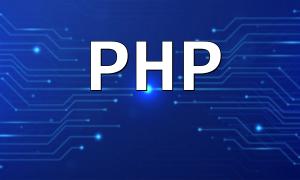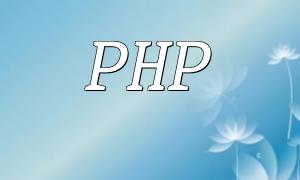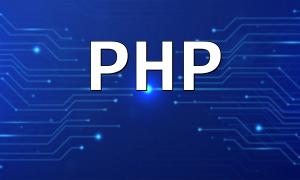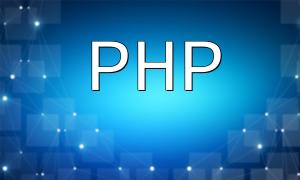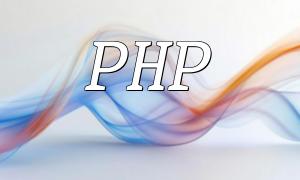Comprehensive Guide to PHP Security: Input Filtering, Session Management, and Defense Mechanisms
M66
2025-06-24
The Importance of PHP Security
PHP is a widely used server-side scripting language known for its openness and flexibility. However, these characteristics can also introduce security risks. To safeguard websites and applications, PHP provides multiple defense mechanisms that help developers mitigate various cyber threats.
Input and Output Filtering
PHP includes rich filtering functions to strictly validate and sanitize user inputs, preventing common attacks such as SQL injection and cross-site scripting (XSS). Using predefined filter types, developers ensure that input data matches expected formats, while output data is properly encoded and escaped to avoid exposing sensitive information or allowing script execution.
Secure Session Management
PHP’s session management system helps maintain secure user authentication and data. When calling session_start(), a unique session ID is generated for each user, with sensitive data stored server-side. Developers can enhance security further by setting session expiration times and secure cookie options to prevent session hijacking or tampering.
Protection Against Cross-Site Request Forgery (CSRF)
PHP supports the generation and verification of tokens to confirm legitimate requests and prevent malicious websites from forging user requests. CSRF protection should always be enabled for sensitive operations and form submissions to ensure request authenticity and security.
File Upload Security Measures
File uploads, while common, represent a significant security risk. PHP allows limiting file types and sizes, and performing checks and filtering on uploaded files to prevent malicious content. It is recommended to store uploads outside the web root directory to prevent direct access or execution.
Exception Handling and Logging
PHP offers robust error and exception handling to capture runtime issues promptly, avoiding sensitive data leaks. Coupled with logging features, developers can monitor anomalies, analyze potential security threats, and respond quickly to keep applications stable and secure.
Leveraging Standard Libraries and Encryption Functions
PHP’s standard and third-party libraries provide password hashing, data encryption, and HTTPS support tools. Proper use of these functions and classes enhances data protection and reduces vulnerabilities, building a stronger security foundation.
Conclusion
PHP’s built-in security features and defense mechanisms establish a multi-layered protection framework for developers. Nevertheless, security threats evolve continuously, so developers must stay updated on the latest vulnerabilities and attack techniques, and promptly update security strategies. Adhering to best security practices and conducting regular audits and testing are essential to maintaining long-term website and application security.
